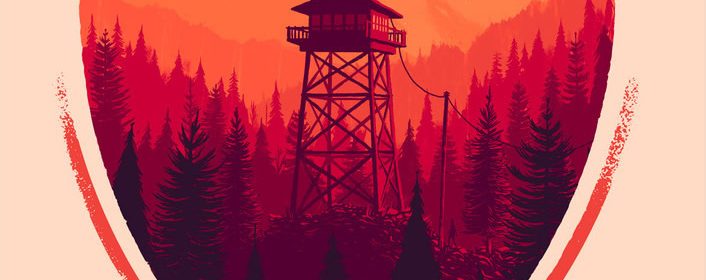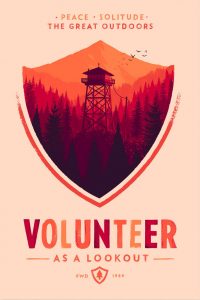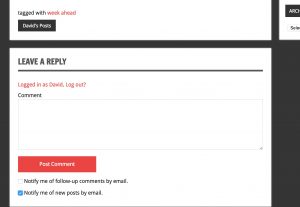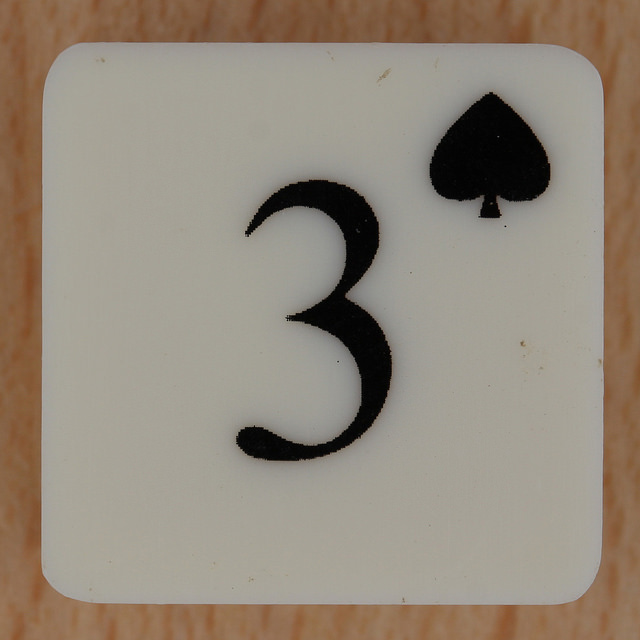Liveblogging Firewatch

VIDEO GAME INDUSTRY:
"You ready for new cutting edge graphics?"ME:
"My favorite game this year was about a depressed park ranger."— Mike Drucker (@MikeDrucker) September 8, 2016
As you play through Firewatch for class on Tuesday, I want you to liveblog your experience playing. Liveblogging is an informal sort of freewriting — while you are in the midst of playing the game, just notice whatever seems interesting to you and pause periodically to note those observations in your blog post.
The game begins with a fairly long opening sequence that sets up a little background for the main character and serves as a simple tutorial for basic game mechanics, so launch the game and play through that opening section, then pause the game and open your dashboard. Write a new blog post which starts by announcing that your’e beginning to play through the game and links back to this post (not just the course site, but this specific post). Tag your post with “Firewatch” and “liveblog” plus whatever other tags you’d like. (You can add tags in the post editor page, in the section labeled Tags, which should be in the sidebar just beneath categories and just above the featured image area.)
Write a paragraph (or a few sentences) responding to that opening sequence. Again, whatever is interesting to you about it — visual style, emotional reactions, comparison with the opening of Gone Home or Dear Esther, making predictions or noting expectations for where this game will head, whether and how this game operates as “art” in the way Bogost defines art games, whatever seems worth noting. Publish the post. Once you’ve published your post, you might check out the other students’ posts and see how they responded to the opening sequence — please leave comments on their liveblog posts responding to observations they made!
When your’e ready, go back to the game and play on. When you find a scene that seems particularly cool or beautiful or interesting, screenshot it. Be on the lookout for moments that seem worth commenting on. Check in periodically with your peers’ responses to the game and pay attention to whether you have similar or different reactions. Periodically leave comments on your own post updating your progress through the game and recording those observations. Leave comments on your peers’ posts too, responding to their observations.









